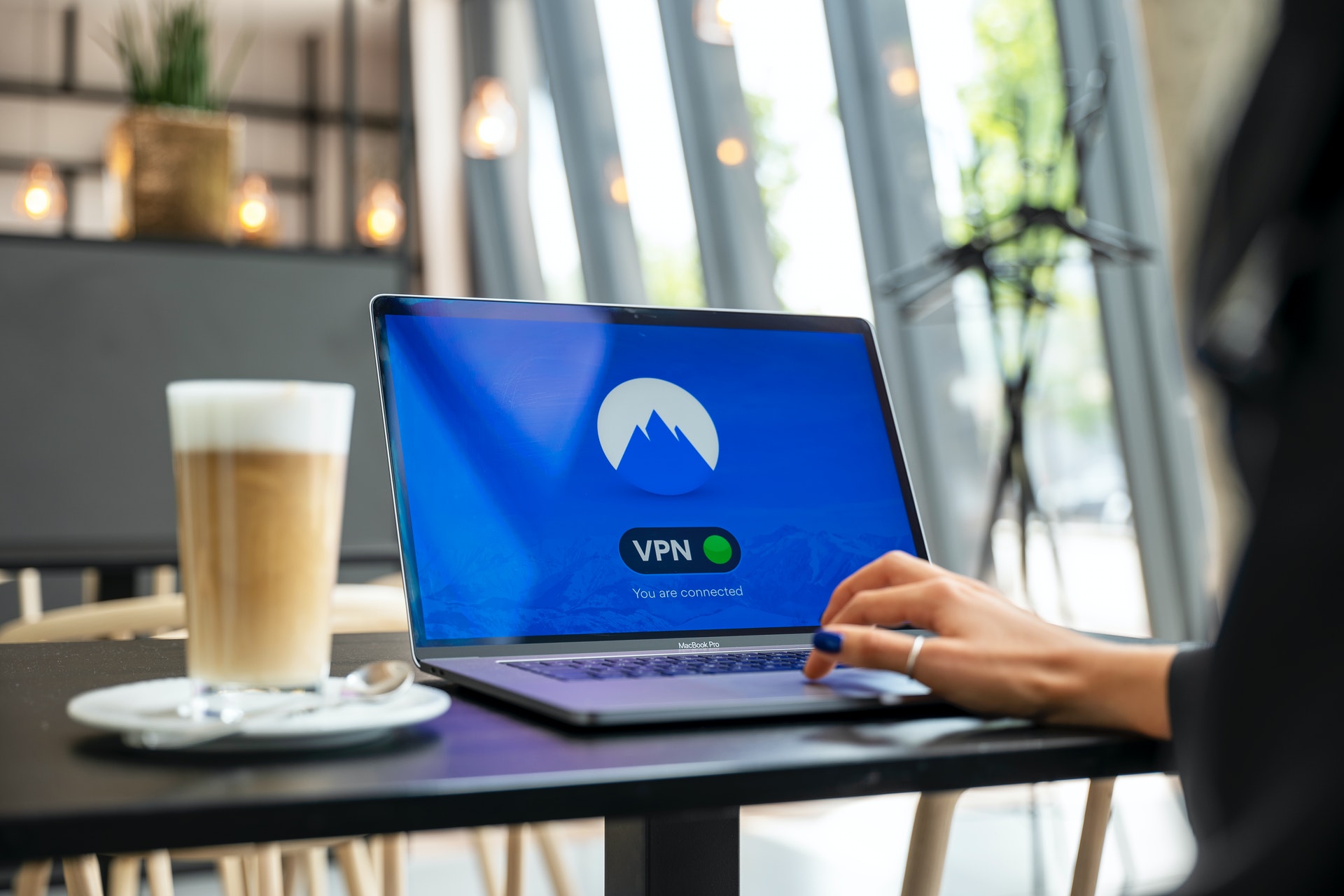Most people, by now, likely have a basic understanding of what a VPN is, even if they don’t use one themselves. It is probably safe to assume that streaming services like Netflix and the country-specific content (and lack thereof) is what prompted many newer VPN users to finally decide to use one. There are plenty of other uses for VPNs, however, that can make your browsing, downloading, streaming and internet use in general much safer, more private and more convenient. With that said, below are the top 5 uses for a VPN.
Streaming
One of the most common reasons people use a VPN is to gain access to international content and streaming services. You pay subscription fees to Netflix, Amazon Prime, and others each month. If you live somewhere like the UK, you also pay a non-negotiable BBC licensing fee each month.
So why can’t you use what you’ve paid for when you’re on the road? Depending on the region you’re in, you might be able to access a local version, but don’t be surprised if it doesn’t host your favourite shows and content. Alternatively, the government of the country you are in may simply have restricted access.
A VPN allows you to connect to a server in the streaming service’s host country and get quick access to all of your favourite shows. This is how most people in countries try to keep a tight grip on the information people are exposed to get around these restrictions.
Torrenting
Many people believed that the internet would help to push democracy and usher in a new age of privacy and freedom. Regrettably, the reverse has occurred. P2P file-sharing networks, for example, provide a wealth of free content, but torrent downloads are frequently monitored and even stopped.
In reality, in some countries, several of the most popular file-sharing websites are restricted. With a VPN, you can download torrents without fear of your real IP address being recorded in a database.
Anonymous Commenting/Publishing
Have you ever had a negative encounter with a service or company and been unable to seek recourse because your objections were disregarded or dismissed? It can be exasperating when you’re in the right and, thanks to the internet, you can express your frustrations and warn others by going online.
If it is your employer or the government you are speaking out against, however, and it is possible to construe what you are saying as revealing potentially damaging material, you may be subject to legal action. This does happen–in some places more than others. When accessing or posting on websites, you can mask your real IP address by using a VPN. This can provide peace of mind that you are not going to be oppressed or unfairly attacked.
Prevent Throttling
Internet service providers throttle their clients’ traffic all the time, which results in you having to deal with slower than advertise upload and download speeds. If you regularly engage in high-bandwidth activities like gaming and streaming, your ISP will do this more often.
What often ends up happening is that your internet traffic is inspected and then divided into throttled and non-throttled categories by your ISP. With a VPN that has good encryption, however, your ISP won’t be able to read your traffic or separate it into high and low-speed tunnels since ISPs are required by law to route all traffic at the promised connection speed. The added encryption also offers protection against cybercriminals and common malware and ransomware attacks.
Censorship and Blocking
Some governments go to extreme lengths to control what information their citizens have access to online, while others try to prevent access to file-sharing services. Your ISP must intercept DNS queries in order to block websites (website lookups), but when you use a VPN, including private DNS servers, this is no longer possible. This lets you unblock sites that a particular country has deemed problematic, threatening or offensive. In Indonesia, for example, where the government is rather ban-happy, some 42 percent of the population uses a VPN.
VPNs are also helpful when you need to get around smaller firewalls, such as those at school or at work, so you can play games or check your social media when you are not working or studying.
Conclusion
The term “VPN” has made its way into the public discourse over the last several years as the internet has become a much more regulated and invigilated space, not to mention one prowled by far more cybercriminals.
No longer the domain of solely the tech-savvy, the plethora of free and paid VPNs out there offers something to every single internet user in every country around the world. If you are wondering why you might need a VPN or, if you already have one, what you should be using it for, above are some suggestions to help make your internet browsing safer, faster, more convenient and more anonymous.


